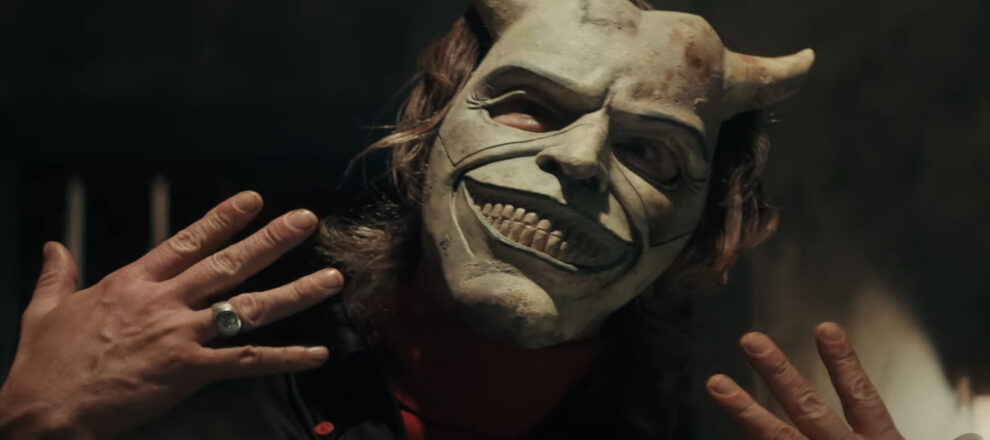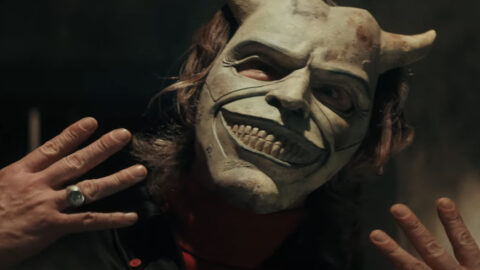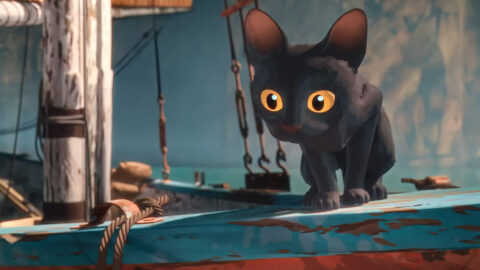By Alex DiVincenzo
Published 1 hours ago
“I think if you want to make anything scarier just go with something familiar,” said Garner in a recent interview with ScreenRant.
In my recent interview with Scott Derrickson about his upcoming film The Gorge, the filmmaker teased The Black Phone 2, which wrapped production last month in Toronto. It was Joe Hill, author of the short story on which The Black Phone is based, who pitched the concept that made Derrickson want to return for a sequel. “I didn’t feel obliged to make a sequel to that movie. Joe Hill came up with an idea that sparked my interest,” Derrickson tells Bloody Disgusting. “I realized that if I made a big movie after Black Phone — which is The Gorge — by the time I finished it, all those kids would be in high school. So what I really wanted to do, and what I did, was I shot a high school coming-of-age movie in the same way that the first one was a middle school coming-of-age movie.” Ethan Hawke will return as The Grabber when The Black Phone 2 opens in theaters on October 17 from Blumhouse and Universal. Madeleine McGraw, Mason Thames, Jeremy Davies, and Miguel Mora also reprise their roles from the first film, joined by Demián Bichir (The Nun) and Arianna Rivas (Prom Dates). Derrickson’s co-writer C. Robert Cargill recently posted about The Black Phone 2 on Bluesky, “Very excited for y’all to see what we’ve cooked up. Thanks again to our amazing cast and crew for thee months of magic. Now to wait for y’all to find out how the hell we figured out to even make a second.”







